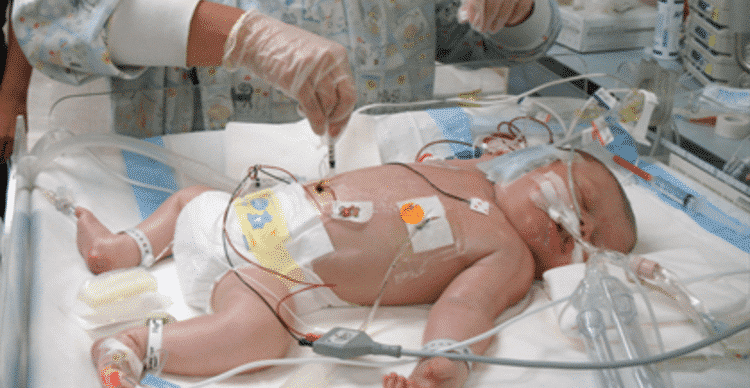Therapeutic hypothermia, also known as targeted temperature management or neonatal cooling, is a medical treatment used in neonatal intensive care units (NICUs) to reduce the risk of brain injury in newborns who have experienced a lack of oxygen (hypoxia) during birth. At Kanumuri Hospital in Guntur, therapeutic hypothermia is likely employed as part of their advanced neonatal care practices to support newborns with hypoxic-ischemic encephalopathy (HIE) or other conditions resulting from perinatal asphyxia.
Therapeutic hypothermia involves cooling the newborn's body to a temperature slightly below normal for a specific period, usually 72 hours. This controlled cooling slows down the metabolic rate, which can help reduce the extent of brain injury and improve neurological outcomes. The process typically involves reducing the baby's core body temperature to around 33.5°C (92.3°F).
Therapeutic hypothermia is indicated for newborns who:
At Kanumuri Hospital, the administration of therapeutic hypothermia may involve the following steps:
